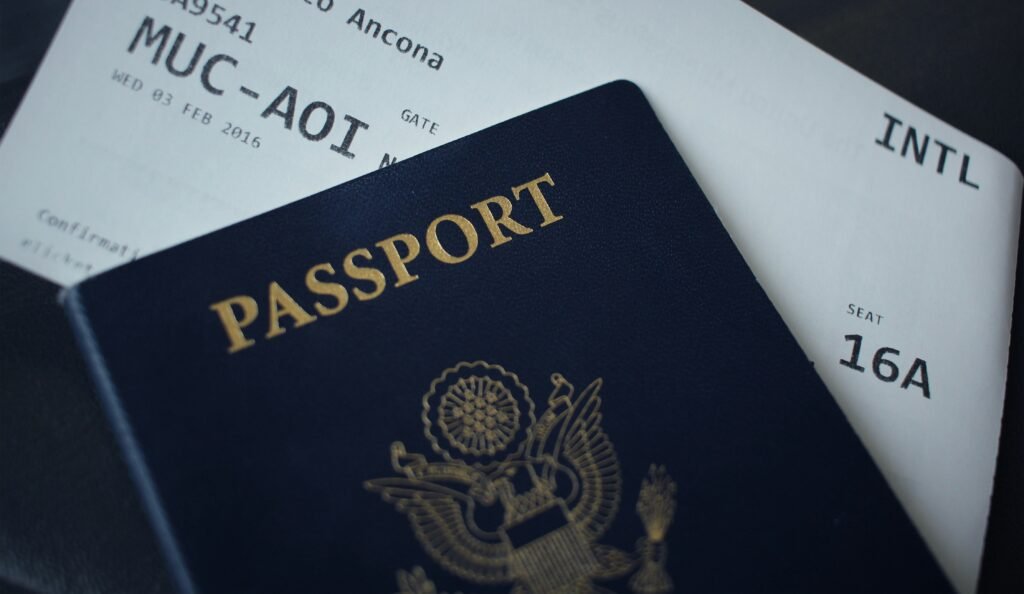News
Supreme Court Allows Trump’s Birthright Citizenship Ban to Take Effect
In a landmark decision on Friday, the U.S. Supreme Court cleared the way for former President Donald Trump’s executive order restricting birthright citizenship to take effect in most of the country. The ruling, delivered by a 6-3 majority, limits the power of federal judges to issue nationwide injunctions, meaning lower court orders blocking Trump’s policy will now only apply to the states and individuals directly involved in the lawsuits.

The executive order, issued by Trump on his first day back in office, denies automatic U.S. citizenship to babies born in the United States on or after February 19, 2025, unless at least one parent is a citizen or lawful permanent resident. While the policy remains blocked in 22 states and the District of Columbia due to successful legal challenges, the federal government can now enforce the order in the remaining 28 states.
The Supreme Court’s decision did not address the constitutionality of Trump’s executive order or the broader question of whether the 14th Amendment guarantees citizenship to all individuals born on U.S. soil. Instead, the justices focused on the scope of judicial authority, ruling that lower courts exceeded their power by imposing nationwide injunctions that halted the policy everywhere. Justice Amy Coney Barrett, writing for the majority, emphasized that courts should only grant relief to plaintiffs before them, not the entire nation.
This ruling marks a significant victory for Trump, who hailed the decision as a “big, amazing” win for his administration and for presidential authority. However, the decision also sets the stage for further legal battles, as Democratic-led states and immigrant rights groups are expected to continue challenging the policy in federal courts.
For ongoing coverage and expert analysis, watch the ABC News special report on YouTube:
Supreme Court rules on nationwide injunctions against Trump birthright citizenship order – ABC News.